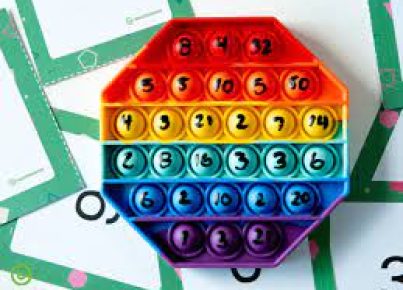Every individual has their unique journey through the world of education – some find it easy to sail through with flying colors, while others might have to struggle and stumble along the way. However, contrary to popular belief, it’s often the worst students who go on to become the best teachers. While this may seem paradoxical at first, there are a number of reasons why this is true.
1. Empathy
The worst students understand what it’s like to be on the losing side and struggle with subject matter. They have experienced failure and frustration, and as a result, they develop empathy for their own students who may face similar challenges. This familiarity with defeat allows them to connect more deeply with students who need extra support and give them tailored advice based on their own experiences.
2. Adaptability
Having struggled themselves, these “worst” students often come up with creative solutions to grasp difficult concepts in order to survive academically. As teachers, they are more likely to think outside the box, be aware of different learning styles, and provide alternative teaching methods for students who might find traditional approaches ineffective.
3. Resilience
Overcoming academic struggles requires determination and resilience – qualities that often translate well into teaching. A teacher who has faced failures in their own education is likely to be more persistent in encouraging their students not to give up until they succeed. Furthermore, these teachers can use their stories as a source of motivation and encourage grit in the face of adversity within their students.
4. Appreciation for Learning
Students who had a tough time going through school might appreciate the value of education more than those who found it easy. As teachers, they understand that knowledge is hard-earned but ultimately rewarding and can inspire a similar love for learning within their students.
5. Humility
Those who have stumbled along the way are less likely to take success for granted, and are aware of their own limitations. This translates into a teacher who is open to criticism, continuously looking for ways to improve, and genuinely cares about developing both personally and professionally.
In conclusion, while it may seem counterintuitive, the worst students often possess traits that make them some of the best teachers. Through empathy, adaptability, resilience, appreciation for learning, and humility, these individuals can harness their hardships as a tool to inspire and educate the next generation. So the next time you come across a teacher who openly shares their previous academic struggles, do not dismiss them – instead, cherish their unique perspective and celebrate their determination to guide others through learning.




